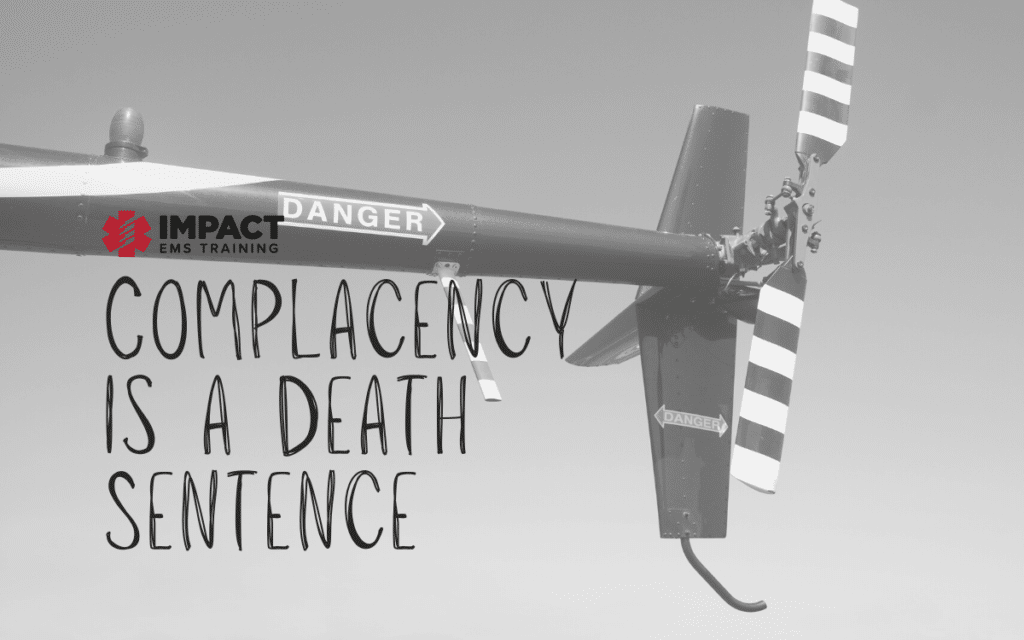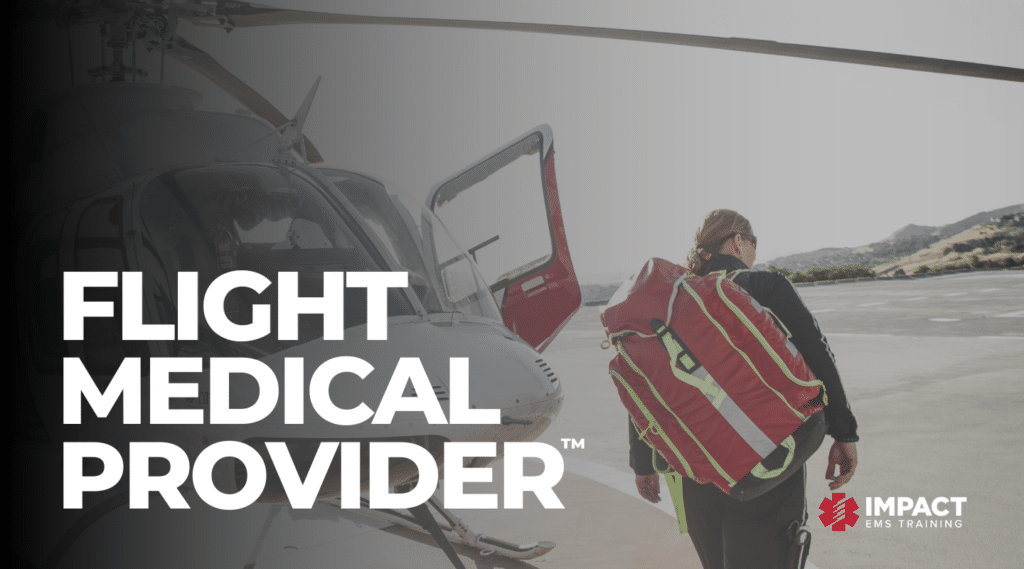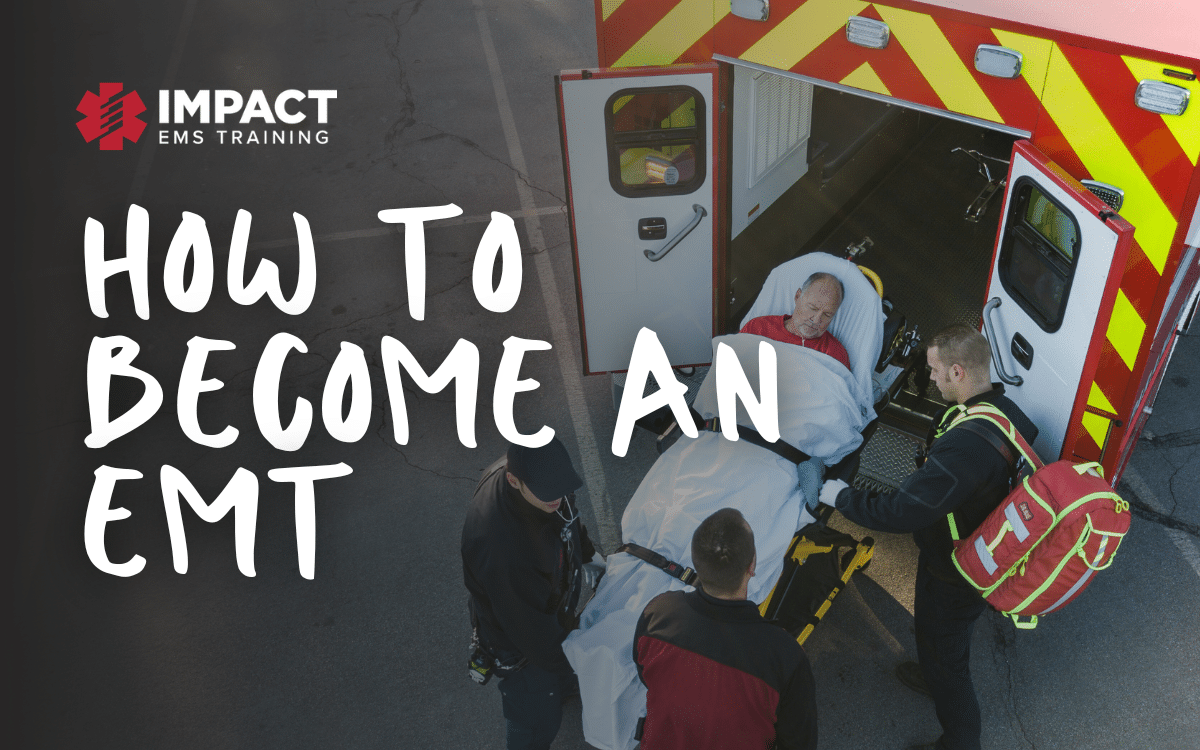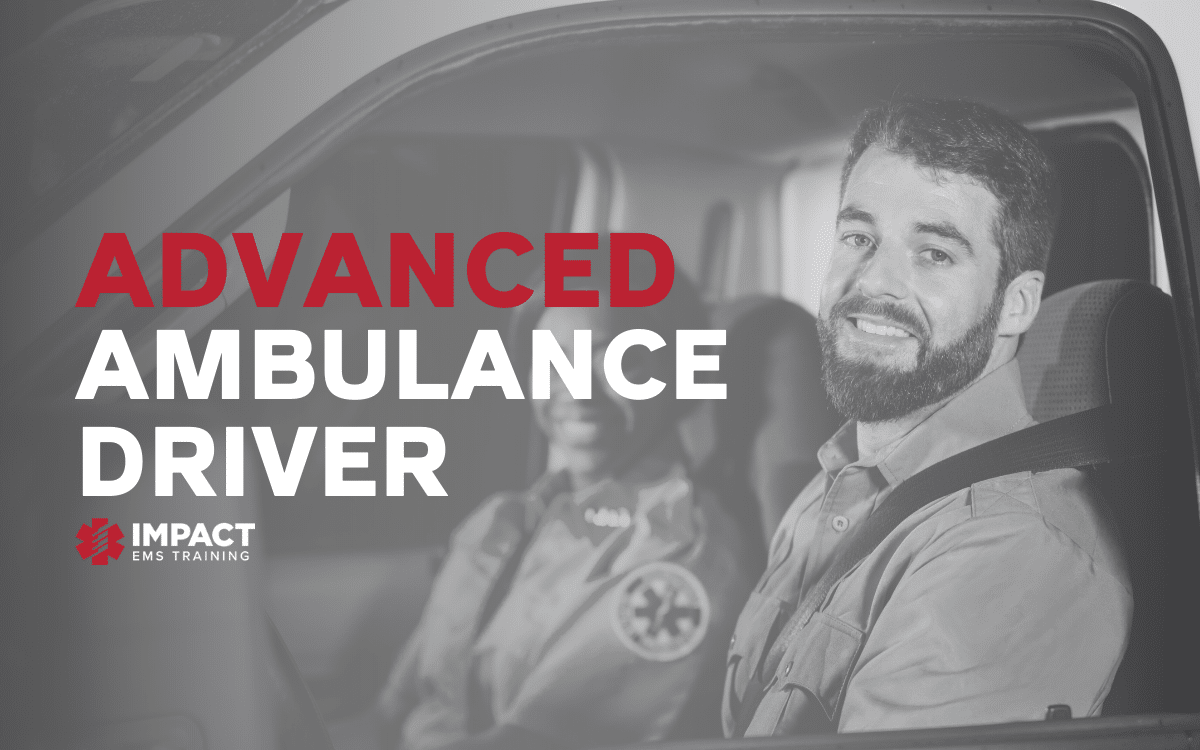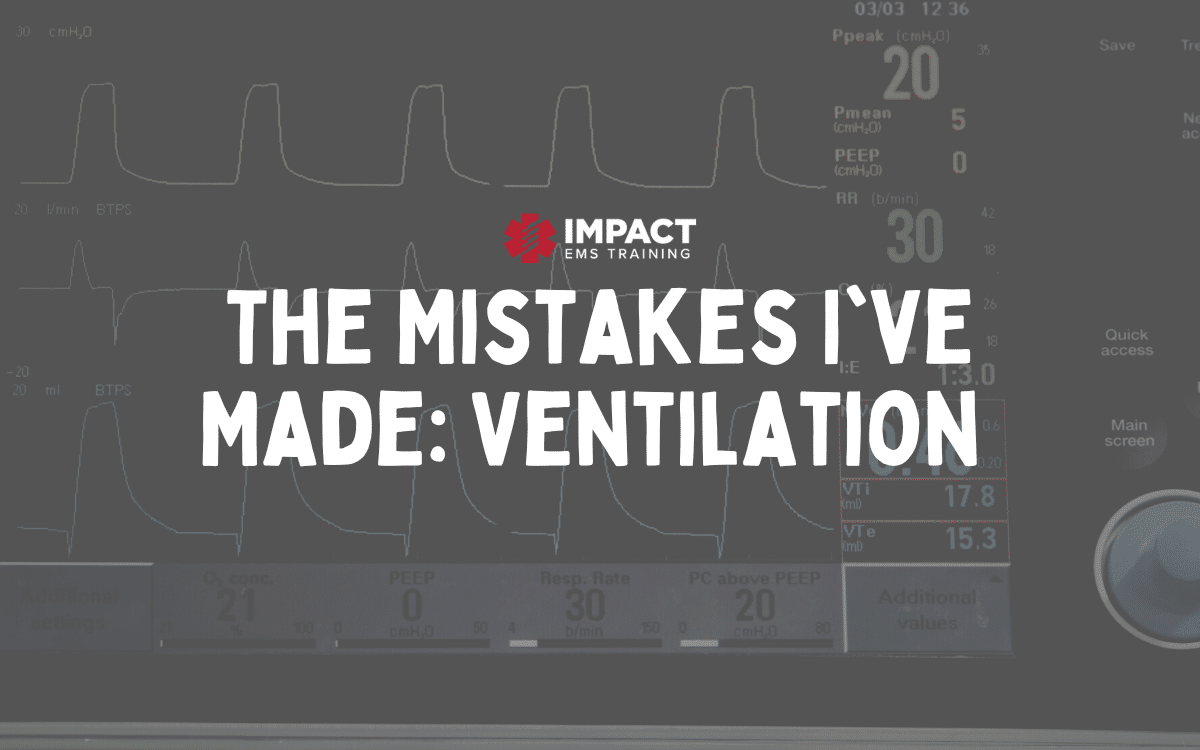by Chelsea Epling, BSN, RN, MCCN, EMT-P
Scenarios
You’re in the ICU, on shift 4 of 4, you’re tired, your patient assignment has been less than ideal this week. Alcohol withdrawals, overdoses, getting kicked at, screamed at and occasionally spit on because the patient doesn’t like being attached to every cord and IV line you’re required to keep on them. You walk into the unit today hoping for two stable vented patients so you can just relax. You’re just not feeling it.
You’re in the emergency department, your patient load has been overwhelmed with a mix of toe pain complaints, “I ran out of my prescription”, chronic back pain, and the “I think I might have Covid-19.” You’re tired of feeling like a band-aid stand. This isn’t why you went into emergency medicine.
You’re at the station, and get a page out for the same, non-compliant, 60-year-old woman with chronic COPD, who refuses to wear her oxygen. She’s complaining of shortness of breath, she’s intoxicated, and she’s urinated on herself for the 5th day in a row.
You walk onto base, you had a rough night last night, up fighting with your spouse, your newborn baby wouldn’t sleep at all; he’s cutting teeth, and your dad was just diagnosed with cancer. As you zip up your flight suit for the day and walk out for shift brief you’re not listening to the pilot, instead you’re hoping that maybe the weather is too bad to take any flights, or just maybe, you have one of those random days where you don’t get a call all day.
Reality
We’ve all had days like this. To some degree it is expected. However, this is not the attitude that drives the quality of care that our patients deserve. Attitudes like this often lead to complacency and acceptance of mediocrity. Attitudes like this can lead to mistakes, and in the realm of critical care – one small mistake can lead to major consequences.
Complacency in healthcare is a constant battle. Personally, I believe that it has been amplified during the current pandemic. Healthcare workers in every capacity have been stretched thin, asked to accept suboptimal precautions with shortages of PPE, and with the influx of patients many clinicians feel that the care that they have been able to provide to their patients is also suboptimal. This can be taxing both physically and mentally for the healthcare provider.
Complacency was no stranger prior to the global pandemic, COVID-19. How many of you remember a time when you heard a coworker justify their behavior or decision by stating “we’ve always done it this way.” That may be the most dangerous and potentially fatal statement to exist in healthcare. If you’re reading this and involved with the IMPACT EMS community, I’m going to make a bold assumption that you’re not okay with that statement. If anything is going to change in our work environment pre-hospital or intrahospital, it has to begin with us; it has to begin with YOU.
Complacency doesn’t have to be something big that leads to an incident, and most complacent behaviors actually start out small. Today you decided not to swab the hub with an alcohol prep prior to injecting medicine (or using an alcohol cap to cover it if you have them), the next day you didn’t wear a glove when starting an IV. Neither of these things seem like a life-threatening occurrence, but what happened after you left that patient? What happens if the patient whose port you didn’t clean prior to injecting medication had a white count of 1, and the small amount of bacteria that wouldn’t make a person with a normal immune system bat an eyelash, has now caused a blood stream infection that this patient cannot fight off. What happens if the patient you chose not to wear gloves with had HIV, you had a microscopic cut on your hand and as you started the IV, the smallest trace of blood from that patient finds its way to your cut? Now these scenarios may seem a bit extreme, but they’re not unrealistic.
Once you allow yourself to forget about the small things, it makes it easier to ignore the bigger things. Let’s say your company normally stocks versed in 2mg vials. Today it came as a 5mg vial. Your patient is having some mild anxiety, getting slightly tachypneic and 2mg of versed would be just enough to calm the patient down to alleviate their anxiety. This time, you grab the 5mg bottle and draw it up in your syringe like you’re accustomed to doing, and administer it to the patient. This large dose has now completely sedated the patient to the point that they can no longer protect their airway. Now you’re faced with intubating this patient who did not previously need intubated or you’re going to be stuck bagging them with a BVM until the medication wears off. You were taught to verify your medications twice before administration. You were taught the rights of medication administration and likely can rattle them off by heart. The problem is you got comfortable, you got complacent, and now you’ve created a situation that did not have to occur. In worst-case scenarios, complacency is a death sentence.
Medicine, especially critical care medicine is constantly changing and a good clinician from your EMT-Bs clear up to your MDs will strive to keep up with evidence-based practice. When you chose this profession, you signed up to be a lifelong student. To a lot of clinicians this doesn’t sound appealing. Others jump at the opportunity to learn every chance the get. Either way, it is our job to help encourage this behavior. It is our job to encourage continual learning and to change the culture in which we work that we become excited about new learning opportunities.
So what can we do to help drive out complacent behavior?
– When you see a coworker having a bad day or practicing bad habits – encourage them in the right direction. This doesn’t have to be something you do in a public setting.
– Encourage your coworkers to ask questions when they don’t know the answer. Guessing generally doesn’t lead to positive outcomes.
– Encourage your workplace to establish a just culture. If a mistake is made – let it be a learning experience. The best clinicians embrace their failures and learn from them.
– Find a place at your work where EBP articles can be posted.
– Check off your truck and/or aircraft every shift, every day.
– Recognize when you’re starting to feel “burnt out” and don’t ignore it, address it.
– If you don’t like the way something within your company is going, work to improve it.
Our patients put their trust in us to deliver exceptional care. Their lives are literally in our hands. Above all else, remember that change first starts with you. Do you want that change to be in favor or opposition of complacency?
Impact EMS offers accredited certification and refresher courses in one trusted location. Fully prepare for certification exams and maintain licensure with skill building credits.

